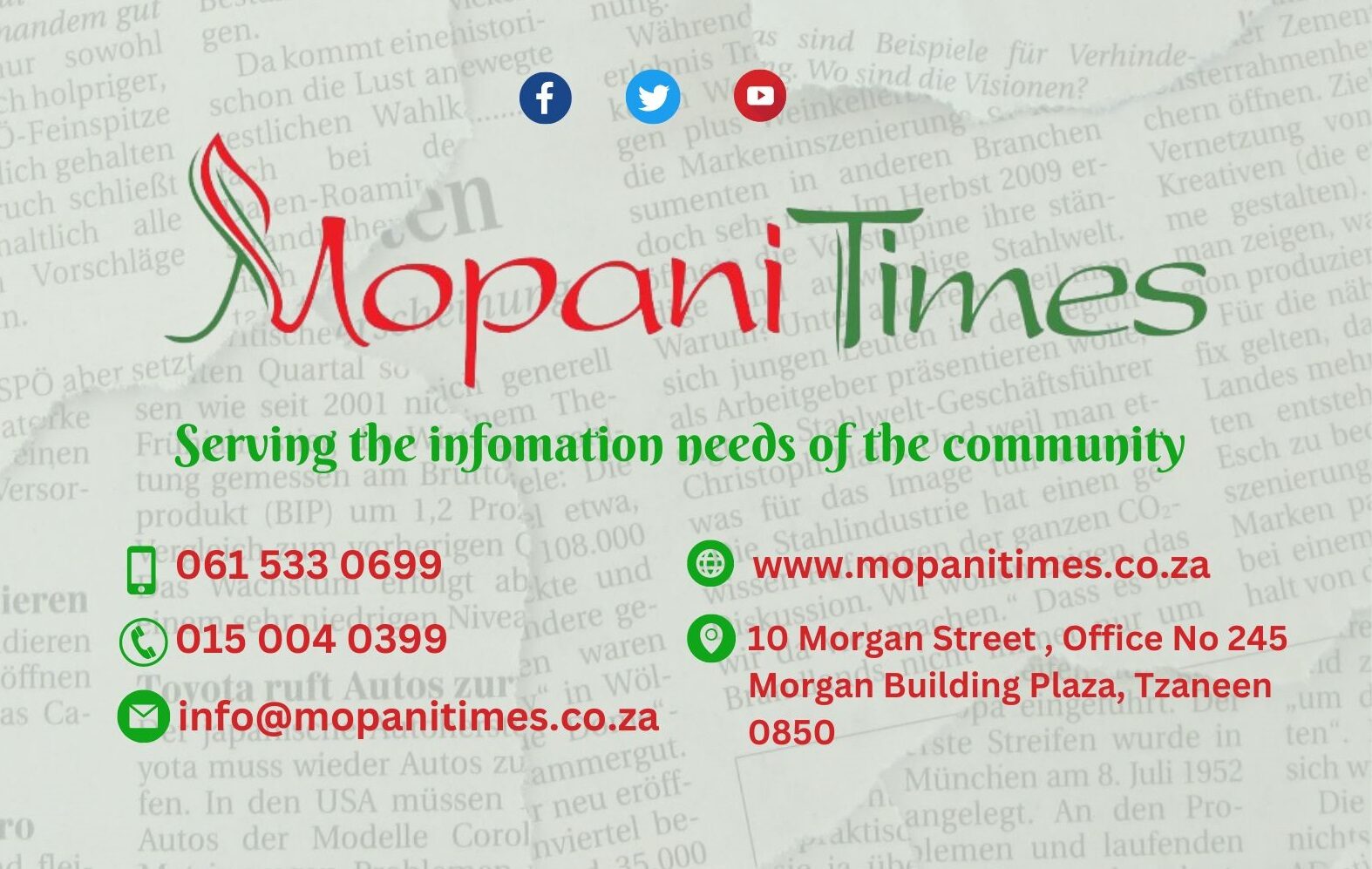PHOTO: Black Atlanta Star
On Wednesday 19 October 1977, a month after the death of Steve Biko in police detention, the apartheid government banned 19 Black Consciousness organisations, banned 4 newspapers and detained newspaper editor Percy Qoboza and other black leaders.
Among the organisations banned were the South African Students Organisation (SASO), Black People’s Convention (BPC), South African Students Movement (SASM), Soweto Students Representative Council (SSRC), Black Community Programmes (BCP) and Zanempilo Community Health Centre.
The regime banned The World, Sunday World, The Voice and Pro Veritate newspapers, and detained the editor of The World newspaper Percy Qoboza and other black journalists and leaders.
With this clampdown, the apartheid regime repeated the 1960 banning of the ANC, PAC and SACP, which broke the back of the broad liberation movement.
As it happened in 1960, it would take many years before the liberation movement recovered from the mortal blow dealt it by the apartheid government. The Black Consciousness movement never recovered, despite the formation of the Azanian People’s Organisation (AZAPO) in 1978, followed by the Azanian Student Movement (AZASM), Azanian Youth Organisation (AZAYO) and Azanian Student Convention (AZASCO) over the years.
The Black Consciousness Movement of Azania (BCM-A) and Azanian National Liberation Army (AZANLA) had been formed in exile to provide for the Black Consciousness adherents who remained loyal to the movement, and did not flirt with the ANC and PAC as others did in exile and Robben Island.
Celebrated firstly as Black Solidarity Day, 19 October evolved to Black Wednesday and Media Freedom Day to celebrate the free space under which the media currently operates, without fear of banning and detention.
Today’s media challenges are not blatant like banning newspapers and detaining journalists, or killing them like it did Lucky Makompo Kutumela. One of the constraints confronting the media today is the lack of resources, which saw many newspapers closing or going online. Government and private companies have slashed advertising budgets to the detriment of media profitability.
President Cyril Ramaphosa in his weekly newsletter decried attempts to intimidate, threaten or silence journalists using online and other platforms, particularly as witnessed during the state capture era.
It is important that the country in general and the media in particular heed the words of President Ramaphosa in the weekly newsletter, “Media freedom is a fruit of democracy and one we must all jealously safeguard and strive to uphold.”
Today we celebrate Media Freedom Day in South Africa with no journalists killed in the line of duty and none imprisoned. The media publish and broadcast freely. A self-regulatory regime exists for the media through the Press Council, the Press Ombud and the Appeals Panel, without government bullying the fourth estate.

